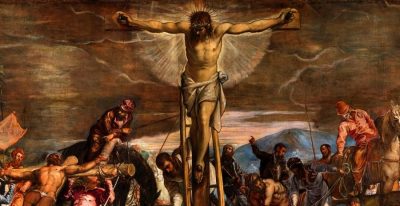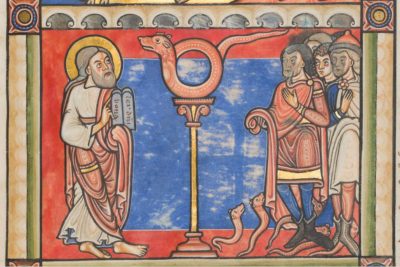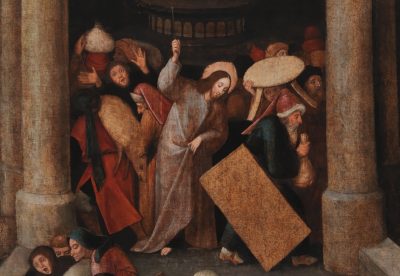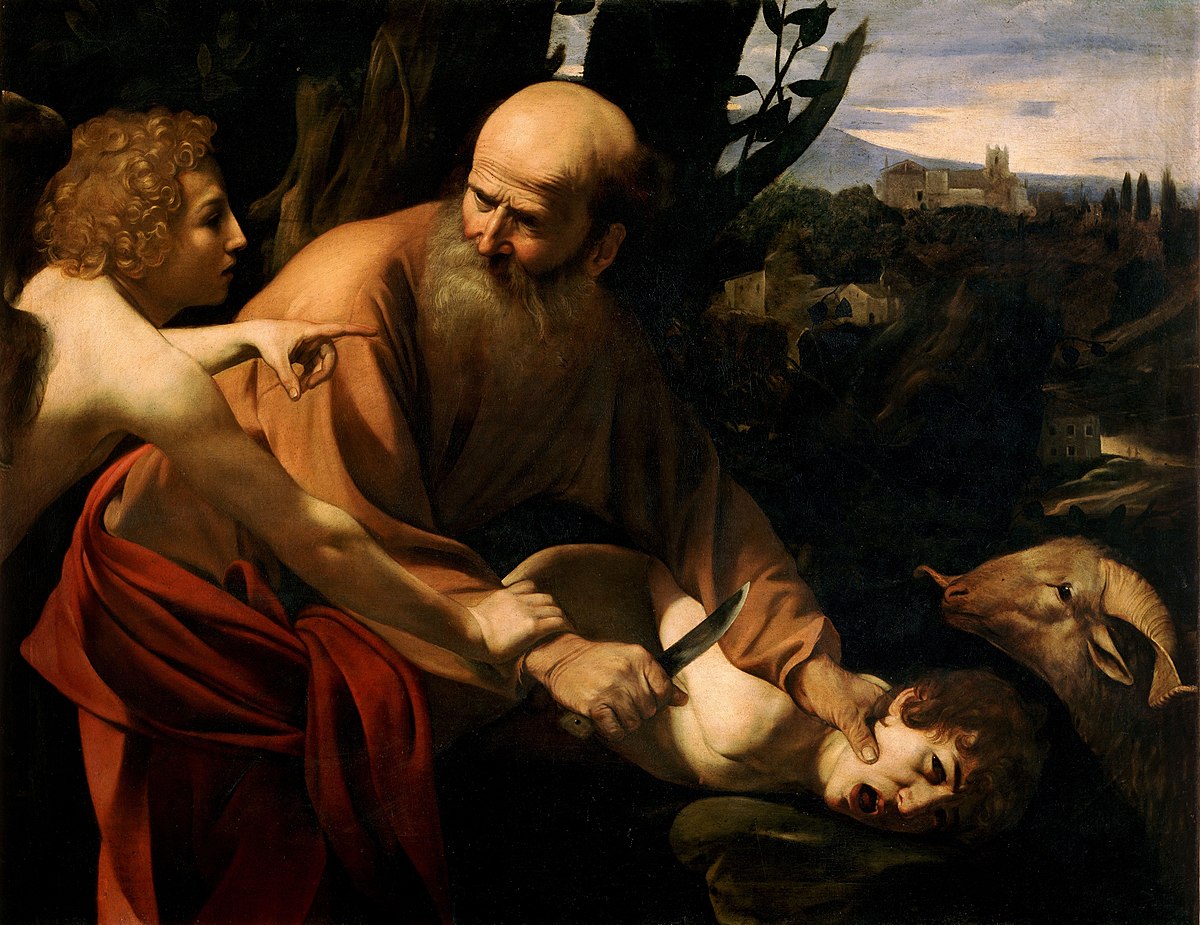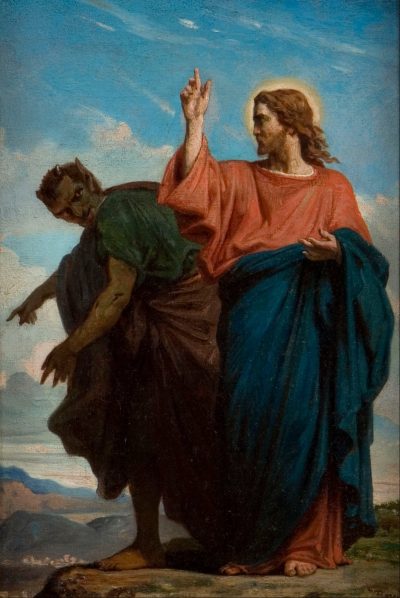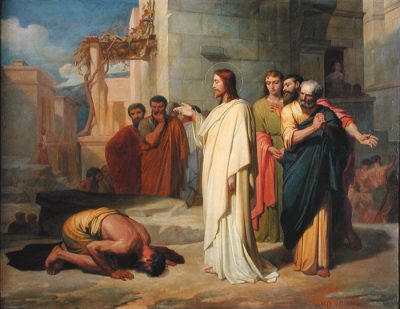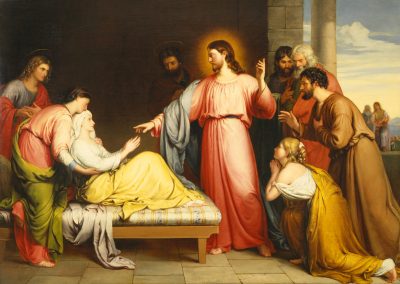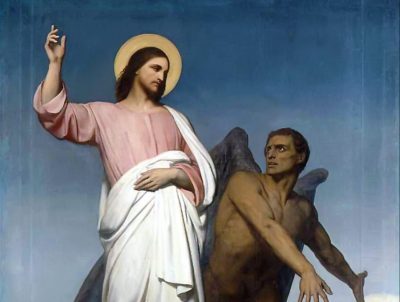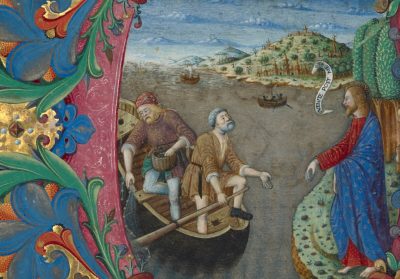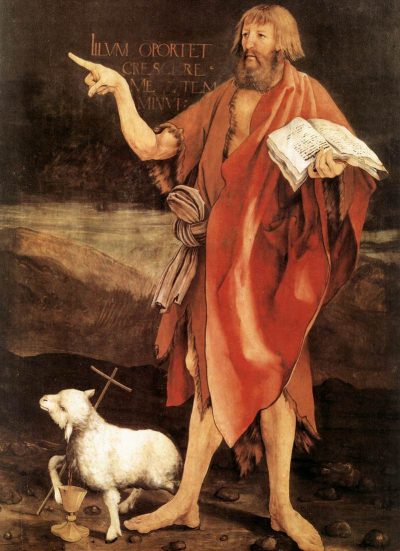The “Hour” Comes: Scott Hahn Reflects on the Fifth Sunday of Lent
Our readings today are filled with anticipation. The days are coming, Jeremiah prophesies in today’s First Reading. The hour has come, Jesus says in the Gospel. The new covenant that God promised to Jeremiah is made in the “hour” of Jesus—in His Death, Resurrection, and Ascension to the Father’s right hand.
The prophets said this new covenant would return Israel’s exiled tribes from the ends of the world (see Jeremiah 31:1, 3–4, 7–8). Jesus too predicted His passion would gather the dispersed children of God (see John 11:52). But today He promises to draw to Himself not only Israelites, but all men and women.
The “Hour” Comes: Scott Hahn Reflects on the Fifth Sunday of Lent Read More »


